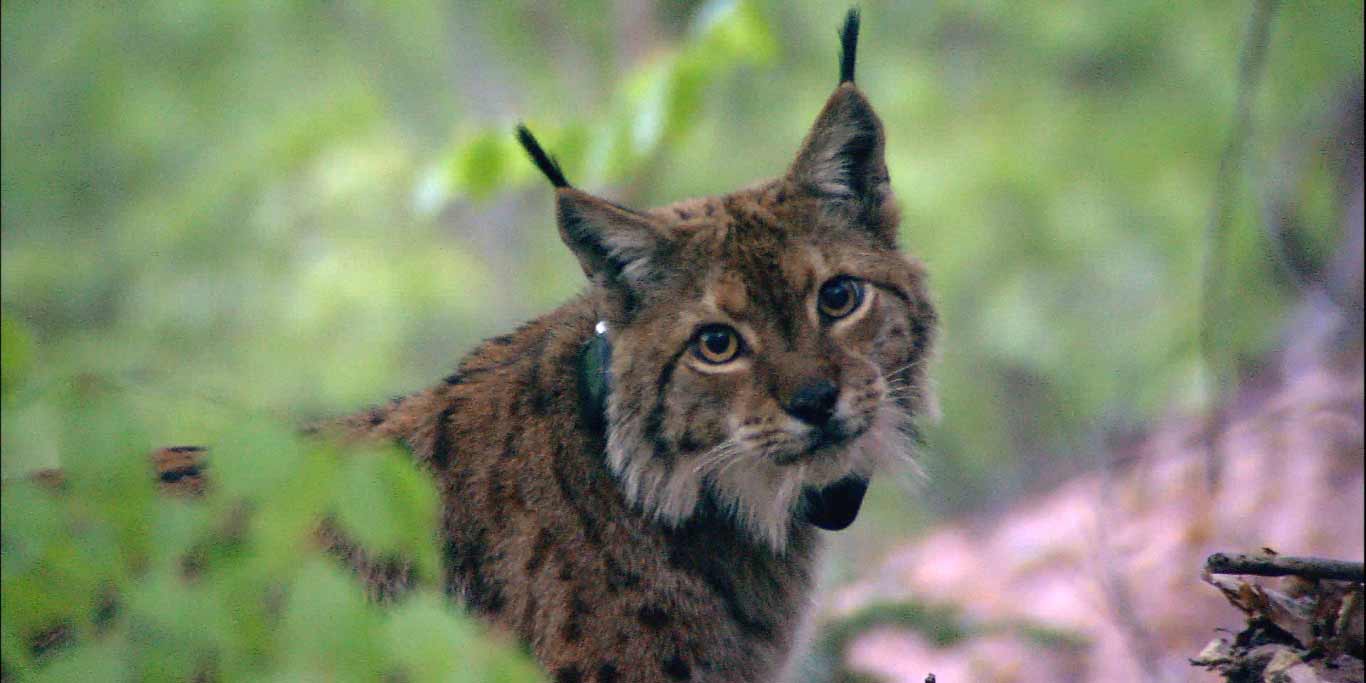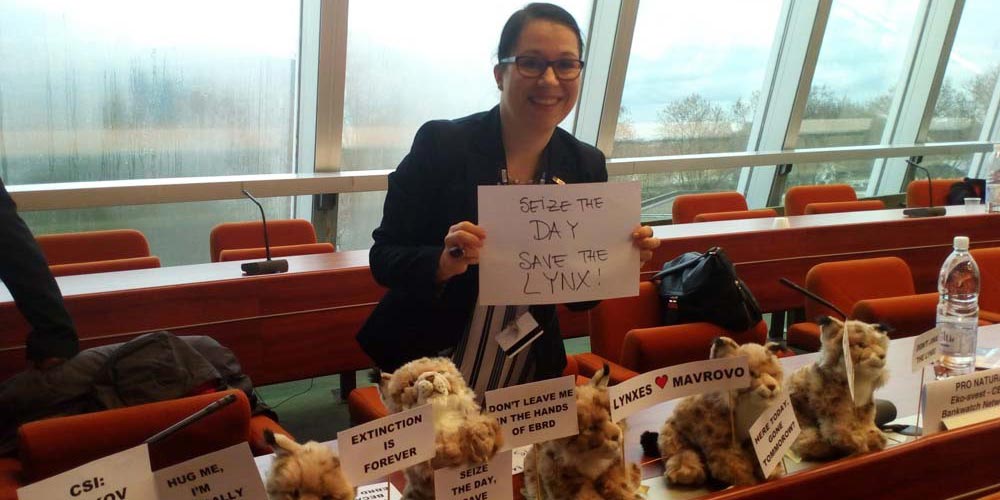With the cancellation of a EUR 65 million loan from the EBRD, the Boškov Most hydropower project lost its major source of funding and is unlikely to be realised. The project threatened the Macedonia’s Mavrovo national park, one of Europe’s oldest and home of the endangered Balkan Lynx.

As Macedonia’s richest area in biodiversity, the Mavrovo national park is home to various strictly protected fauna species according to the Bern Convention on the Conservation of European Wildlife and Natural Habitats. Among them is the critically endangered Balkan Lynx with a remaining population of 20-40 individuals.
In 2010 the Macedonian government revived plans from the 1980s to construct two major hydropower plants – Boškov Most and Lukovo Pole – and 20 smaller ones on the territory of the Mavrovo national park. The park already hosts two large hydro power plants that are in operation since the 1950s and already have a detrimental impact on the water level and wildlife. Adding more hydropower plants would have had a devastating effect on the Mavrovo’s fragile flora and fauna.
To secure financing of the projects, two international investors got involved: the World Bank considered a USD 70 million loan for Lukovo Pole and the EBRD a EUR 65 million loan for Boškov Most.

The banks’ involvement meant that an Environmental and Social Impact Assessment study had to be conducted before the final decision. However, in November 2011 the EBRD approved its loan before the Environmental Impact Assessment process had been finalised.
Following an immediate Eko-Svest complaint, the EBRD’s Project Complaint Mechanism (PCM) confirmed in 2013 that the bank had violated its own environmental and social policies.
We had opened a path for saving the Mavrovo park.
Another complaint was submitted in 2013 to the Bern Convention. In response and after its own investigation, the Convention’s decision-making body called upon the Macedonian government in 2015 to stop all construction projects inside the national park and conduct an extensive environmental impact assessment.

Joined by the ‘delegation of Balkan lynx’ Ana Colovic from Bankwatch and Eko-Svest reminded participants of a Bern Convention meeting about the importance of Mavrovo.
But the opposition to hydro developments in Mavrovo was not limited to environmental organisations. In 2014 Mavrovo’s and Debar’s inhabitants as well as the Albanian diaspora organised protests in front of World Bank offices across the world demanding that the Lukovo Pole project is dropped. And nearly 200 globally renowned scientists signed a petition to the Prime Minister of Macedonia to cancel plans for hydropower in Mavrovo. In 2015, just few days after the Bern Convention decision on Mavrovo, the World Bank withdrew its funds from the Lukovo Pole project, thus preventing the project from being realised.
At that time, the EBRD only suspended its loan, stating earlier that it fully respects the Bern Convention’s recommendation. It took the bank another year to finally cancel its loan for Boškov Most as well.
Even though financial support for the projects had been approved early on, Bankwatch and our partners didn’t stop fighting for the Mavrovo national park and the Balkan Lynx. And the final withdrawal by both lenders proved us right.
